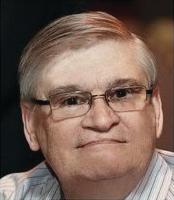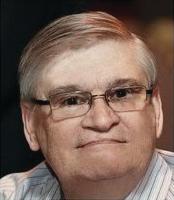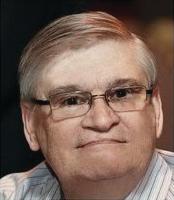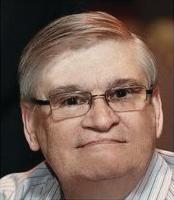From time to time, I still hear references to “feeling good about myself.” I cringe.
Self-esteem issues develop when children learn (incorrectly) that there is a direct cause-effect relationship between outside influences and their emotions. They make this assumption after hearing statements such as “She/he makes me angry” or “That makes me sad.”
Unhealthy comparisons reinforce a child’s insecurity, such as “Why can’t you sit quietly like other children?” “You’re so clumsy,” “Don’t be so emotional,” “You shouldn’t feel that way,” “You’re hyperactive,” “You have a short attention span.”
Many people believe strong emotions are normal biological body responses of varying intensity experienced by everyone. However, your reaction to life events is your responsibility. Blowing off steam may help you feel better, but it doesn’t change a mistaken perception that the world (and the people in it) must act as you demand. Wallowing in anger’s mud bath leaves you vulnerable to all kinds of undesirable outcomes.
When feeling good about yourself (self-esteem) replaces striving to be the best you can be (competence), standards decline. In the past 30 years, SAT scores have dropped at least 75 points! What’s going on here? I thought feeling good about yourself improved performance? Apparently not.
There are those who desperately look for painless ways to overcome their fears by attending one-day seminars conducted by so-called experts. Participants know they won’t be asked to speak at these meetings, which panders to their fear. Organizers base these seminars on a flawed model of self-improvement contending, “Until you know why you are afraid, you cannot overcome your fears.” Knowledge is only power when turned into profitable action.
Suppose I am afraid to learn to swim. I have all the symptoms—sweaty palms, queasiness, flushed face, and I panic at the mere thought of swimming. I feel foolish.
Is it necessary for me to understand why I am afraid? No, I’m still left with the need to learn how to swim! What I need is a qualified swimming instructor. Does he or she need to know why I am afraid? No, all that matters is that my coach knows how to teach me to swim. Competence builds confidence.
In business, it is important that we coach others to improved performance. Unfortunately, our self-esteem-based background often impedes progress. Even worse is the scenario where the “coach” gives tentative feedback for fear of hurting the coachee’s precious self-esteem.
While I do not condone insensitive or hurtful behaviour, coaching requires clear, direct, corrective feedback. Many of today’s employees and managers are ill-prepared for this behaviour-based feedback. Focus on communicating progress toward desired outcomes rather than attempting to make others feel good about themselves.
In my broadcasting career, I was taught to avoid the “how do you feel” question that almost every amateur asks. It’s a dumb question especially in tragic circumstances.
In performance improvement, feelings are our worst barometer. Professionals break through their natural feelings and use other factors to judge their progress. Rookies make rookie mistakes, and the most common is letting emotions take over. Listen to interviews with professional athletes and observe how they focus on what happened, not on how they felt during the game.
It may feel good to allow emotions to run our lives, but genuine courage involves making choices most likely to attract the results we truly desire. If we concentrate on how we feel, we’re more likely to quit than advance. Focus on feeling good about your competency development, not just feeling good about yourself. It pays huge dividends.




